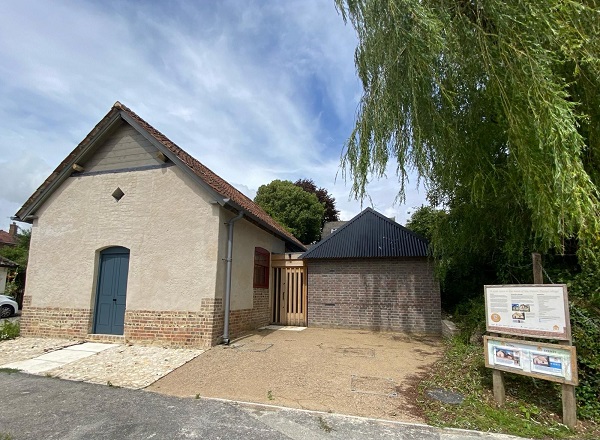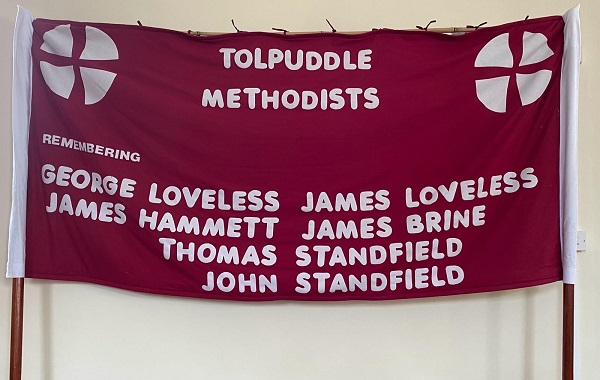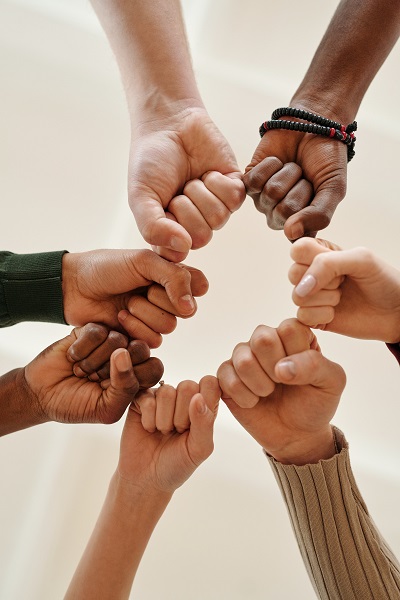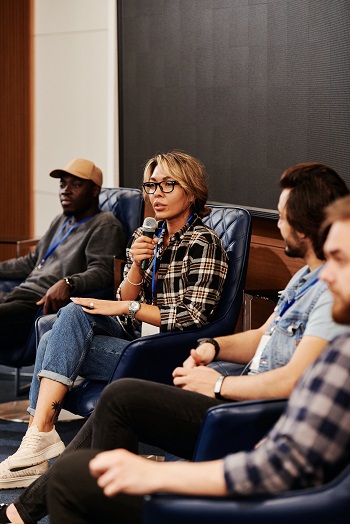
So, you’ve reflected on your story, and, through careful listening, you’ve learned some more about the story of your church and the community in which it’s based. You’ve shared in one to ones and, hopefully, during those times of sharing, have discovered points of mutual connection. There are others, even just one or two, who, like you, are discerning a similar sense of call to something.
An idea is emerging- you have a feeling that God is prompting you to explore something new, or to take a step further in developing something that’s already part of the life of your church and community.
So, what next?
The next step is to gather people together for further listening and discernment. In community organising terminology, this is called a ‘house group’ meeting.
For many Christians, and those familiar with the Methodist tradition especially, this is language that may sound familiar. John Wesley strongly encouraged both leaders and members of Methodist societies to gather together regularly in house groups (often called classes or bands), for mutual support and accountability.
Let’s not forget how radical John Wesley’s vision for these small groups was. People had to be willing to be changed by the experience of this regular practice of meeting together. There was an expectation that everyone who attended would be open to challenge from one another. There are many stories of these class meetings, or house groups, being the impetus for learning, education and a movement for social justice and change in local communities.


The Tolpuddle Martyrs is one example we often refer to, From Labourers to Martyrs: The Story of the Tolpuddle Men (methodist.org.uk), but there are many more, which we will explore in more detail in future blog posts. In more recent years, many Methodists have been trying to reclaim this tradition, in recognition that a supportive, well facilitated small group is one of the most powerful ways for people to feel that they belong and to learn and grow, and for conversation about the things that matter. Small groups (methodist.org.uk)
So, where does this part of our tradition connect with community organising?
In community organising, house group meetings are an intentional gathering of those who are share a common interest in or experience of, a certain topic. Just as a house group meeting connected to our church gathers together people interested in deepening discipleship, so a house group meeting in community organising offers a space for further, deeper listening to one another.
Likewise, in organising that is rooted in who we are as people of Christian faith (Faith Rooted Community Organising), we know that gathering together, making space to meet and listen, is part of our ongoing discipleship. We recognize that part of that listening includes listening to God, and discerning together where God may be leading us. Together, we are able to better discern and consider next steps- how to act in response to what is emerging.
Through listening, and sharing, we make deeper connections, and we build collective power.

We may, from past experience, be wary of the word ‘power’. It’s certainly a frequent sticking point for those who come along to the FRCO weekends that I co-lead. Faith Rooted Community Organising (methodist.org.uk). There will be more on power, and power analysis, in future blogs. But for now, we recall that Wesley’s hope for well facilitated bands or house groups was that they would provide space for both mutual accountability and mutual encouragement- spaces where the misuse of power was addressed, and others, particularly those disempowered in wider society, might find space to flourish.
So, who comes along to a FRCO house group? A house group meeting is usually a gathering of people we have identified them from one to ones, and who we know have lived experience of, or an interest in, the issue we are focusing on. Sometimes, we might encourage people to bring along a friend or someone in their network who they know is also interested.
The key to a good house meeting is careful facilitation, and wise use of time, to enable everyone to have the opportunity to share and discern together. Facilitators might use a range of organising practices depending on the context. In the next few blog posts, we will share some examples from our own experience. The following is a rough outline of how time together might be well used.
As described in our previous blog posts on micro-organising practices, it’s a good idea to identify someone to facilitate the group, someone to keep an eye on time, and a third person who is willing to take some notes- not detailed minutes, but to note down key conversation points and actions.
It is usual to begin with rounds– a question asked by the facilitator, to which everyone is expected to respond (with the time keeper ensuring that everyone has the same air-space, and no one voice dominates). In a setting where people don’t know each other well, or where I know folk are anxious about speaking in a group, my preference is to start with a question which I know everyone can contribute to. My aim is to ensure everyone has spoken, especially those who might feel less comfortable. My hope is that everyone then feels more confident to speak again later in the meeting. I know other leaders prefer to begin with a question which goes a little deeper more quickly- this works well with a group who know each other a little better, or are used to engaging in this kind of setting.
In groups that have particular focus on gathering as a church or new Christian community, this can be a good point to either pray together- for all that has been, or to spend time reflecting on a short passage of scripture together, perhaps using the traditional monastic practices of Lectio Divina. This guidance shared by Exeter Cathedral is helpful: 2019-02-03 Lectio Divina for Groups – Leaflet (exeter-cathedral.org.uk)
The facilitator might then ask someone to share a brief story, or perhaps some background information, to remind everyone of the focus of the gathering. That input is timed, so that the person speaking doesn’t dominate, and there is space for others to share
Then there’s space for everyone gathered to share and reflect together. Prompt questions are used to ensure that this sharing stays within the focus of the gathering. Discerning the right questions to ask here is important. My colleague, the Reverend Ian Rutherford, talks about finding the ‘compelling questions’ which help people get to the heart of the matter being discussed. For example, it may be helpful, at an initial meeting, to give people opportunity to share their story or experience with one another, or to talk about where they are seeing similar

issues, challenges or opportunities in their church or community. It’s also important to include a question which asks ‘what next’? Even a tentative question that addresses this creates a culture of discernment and action rather than simply conversation. In a larger group, or if the group is new to meeting together, it is good to split folk into smaller groups, and ask someone in each group to take down some brief notes, or offer feedback at the end. The time finishes with the note taker or facilitator sharing the key points that have been discussed.
The next step may be to pray together, if that is appropriate to the gathered group, as a way of pausing and offering to God all that has been shared. The group can then spend time agreeing which of these is most important for immediate focus, what the next step (action) should be, and who is going to lead on, or be involved with that.
As with all FRCO practices, evaluating the time together is important. The last few minutes include space to reflect on how the meeting went- practical matters, like the suitability of the meeting venue, whether the conversation remained focused, and everyone felt able to share, and clarity ad to next steps.
Over the next few weeks, Eddy and I will be sharing some case studies- real life examples of house group meetings we have led or been involved in. We hope that these blog posts will encourage you to share your own experiences of how house group meetings have helped your emerging teams develop and strengthen.
Kerry Scarlett January 2024.

Leave a Reply